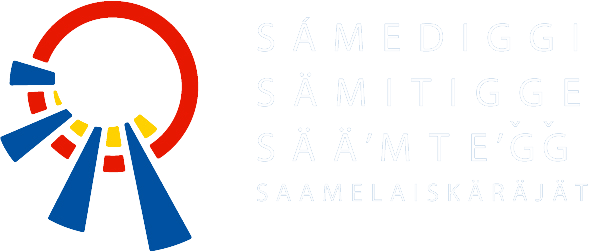Cultural Appropriation
Cultural appropriation violates the cultural self-government of the Sámi, that is, the constitutional right of the Sámi to determine their own culture and the way it is utilised. Cultural appropriation refers to a practice of exploiting elements of another culture which are not part of the culture of the exploiter, and the exploitation takes place without the consent of the owners of the culture. Cultural appropriation is about the power structures between minority and majority populations. In addition to unauthorised exploitation, cultural appropriation is harmful because the person exploiting the elements of another culture does not understand or appreciate the culture that is subjected to exploitation or the wider cultural significance or message of the exploited cultural elements. Many elements of Sámi culture have been commercially exploited in tourism for decades in Finland. The Sámi symbols utilised in tourism are often highly valuable to the Sámi. These symbols hold numerous cultural meanings and messages, which a person without the relevant cultural knowledge will not be able to perceive or understand in any depth. Unawareness of a deeper cultural meaning leads to the misuse of culture and, potentially, to the distribution of distorted cultural information. Ignorance does not free the outside user from responsibility. Rather it is an indication of indifference or lack of respect towards the culture that is being exploited.
